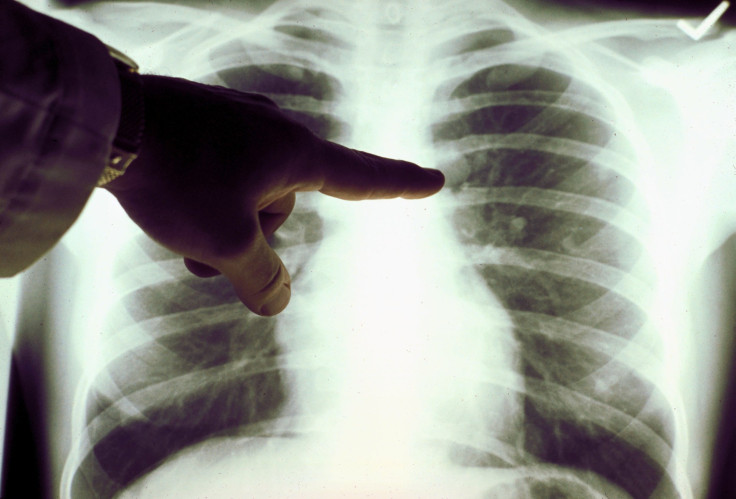Lung Cancer Patients Don’t Reap Benefits From Whole Brain Radiotherapy, Study Says

A study found that whole brain radiotherapy has no substantial benefits on the length or quality of life of lung cancer patients in whom the cancer had spread to the brain. The study concluded that whole brain radiotherapy may be beneficial to patients younger than 60 years of age.
The study published Sunday in the Lancet journal suggests that whole brain radiotherapy should no longer be included in the standard treatment of patients diagnosed with non-small cell lung cancer (NSCLC) that has spread to the brain.
“Whole brain radiotherapy was widely adopted into clinical practice based on the assumption it improves tumor control in patients with brain metastases. But in our lung cancer clinics, we were not seeing the improvements we had hoped for in our patients,” Paula Mulvenna, co-author of the study and consultant clinical oncologist at Newcastle Hospitals NHS Foundation Trust in the U.K., said in a statement.
“Survival times are poor and have hardly changed since the 1980s. What’s more, the technique’s toxicity can be substantial and it can damage cognitive function,” she explained.
Researchers studied the length and quality of life of 538 patients diagnosed with NSCLC from March 2007 to August 2014. A total of 536 patients died by October 2015, of whom 267 had been treated with whole brain radiotherapy. After comparing patients who underwent the radiotherapy with those who didn't, the study found that both the groups lived for a similar number of years and experienced a similar quality of life.
“Just 30 patients (6 percent) in our analysis fell into the best prognosis group. Most (56 percent) fell into the intermediate group who have previously been thought to benefit most from whole brain radiotherapy, but actually appear to derive no substantial benefit from this treatment,” Mulvenna said.
Researchers added that 11 percent of patients were either in very poor health or did not live long enough to receive the treatment. The quality of life assessment was limited to key areas so as to not burden the patients.
In 2013, 212,584 people in the United States were diagnosed with lung cancer, according to the U.S. Centers for Disease Control and Prevention. Lung cancer risk increases with age and men have a greater chance of developing the disease than women.
© Copyright IBTimes 2024. All rights reserved.












